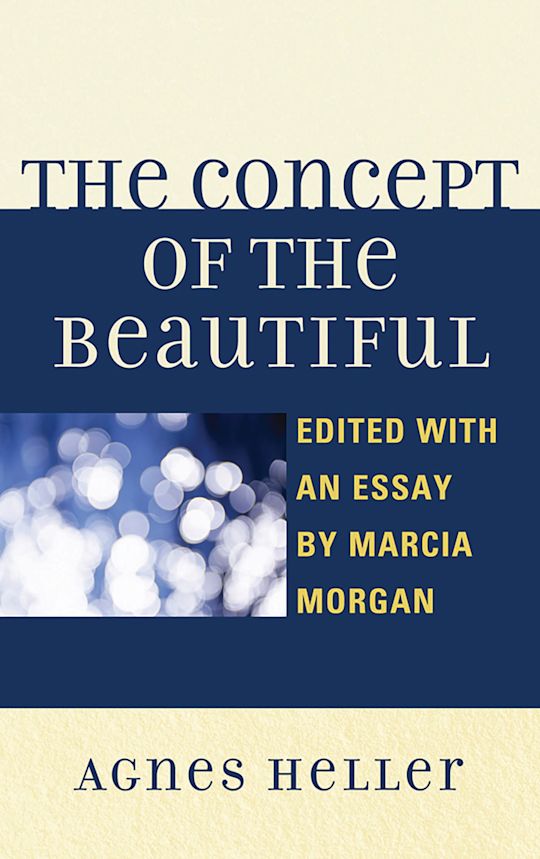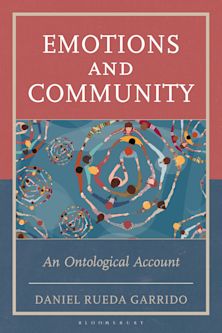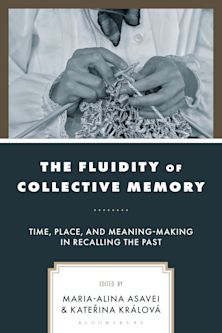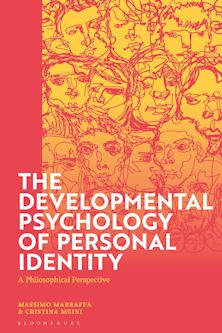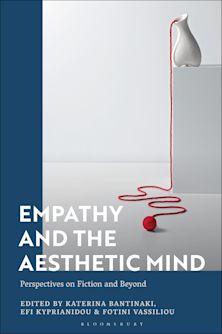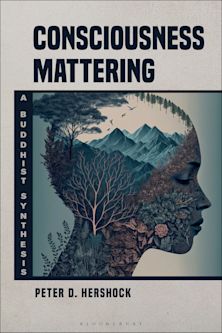- Home
- ACADEMIC
- Philosophy
- Philosophy of Mind
- The Concept of the Beautiful
The Concept of the Beautiful
This product is usually dispatched within 2-4 weeks
- Delivery and returns info
-
Flat rate of $10.00 for shipping anywhere in Australia
You must sign in to add this item to your wishlist. Please sign in or create an account
Description
The main purpose of this book is to explicate the problematic relationship between the heterogeneity of what is experienced as beautiful and the homogeneity of the conceptualization of that experience, or attempt at such a conceptualization in the era of modern philosophy. While the heterogeneity of what is experienced as beautiful was permitted, and indeed celebrated, in the dominant ancient conception-for example, in the Symposium and Phaedrus of Plato-the need for homogenization in the later appropriation of Plato and in the Enlightenment period relegated the beautiful to the privileged domain of artworks. In her analysis Agnes Heller provides a unique and significant emphasis on the original 'life content' of the experience of the beautiful, which becomes lost in the modern system of the arts.
This book details the history of the concept of the beautiful, starting with what Agnes Heller distinguishes between the 'warm' metaphysics of beauty and the 'cold' one-inspired by Plato's Janus-faced relationship to beauty-and ending with a fragmented yet hopeful vision propagated by Friedrich Nietzsche, Walter Benjamin, and Theodor W. Adorno, among others. In between these two historical parentheses-the metaphysical Plato on one hand and the post-metaphysical Nietzsche, Benjamin, and Adorno on the other hand-lay a plenitude of figures and intellectual developments, all of which contributed to the demise of the concept of the beautiful in the Western metaphysical tradition. The most important of these figures and developments are examined in this book.
Table of Contents
Editor’s Essay
The Concept of the Beautiful, by Agnes Heller
Introduction: What Went Wrong with the Concept of the Beautiful?
Chapter 1: The Platonic Concept of the Beautiful
Chapter 2: Enlightenment, or the This-Worldly Concept of the Beautiful
Chapter 3: Kant's Concept of the Beautiful
Chapter 4: Departure and Arrival: Hegel's Adventure
Chapter 5: The Fragmentation of the Concept of the Beautiful
Product details
| Published | 26 Jan 2012 |
|---|---|
| Format | Hardback |
| Edition | 1st |
| Extent | 220 |
| ISBN | 9780739170472 |
| Imprint | Lexington Books |
| Dimensions | 239 x 162 mm |
| Publisher | Bloomsbury Publishing |
About the contributors
Reviews
-
Heller’s text is an impressive interpretation of a very particular slice of aesthetic theory. . . . The text is especially oriented towards specialists in philosophical aesthetics or critical theory, and thus would be a welcome addition to any academic library. Those working in theological aesthetics may. . . find great value in its presentation, particularly in the introductory essay by Morgan.
Catholic Books Review
-
Agnes Heller's voice resounds in this pedagogic journey through the history of philosophical conceptions of the beautiful. Her choice of philosophical theories follows a continental strain, from Plato through Hume, Burke, Kant, and Hegel, to Kierkegaard, Nietzsche, Freud, Benjamin and Adorno. Her interpretations are original, offering us new insight to her philosophy as a whole and into a world that many claim has no beauty left within it. She engages the pessimistic conclusion deeply but ultimately surpasses it, persuasively and without sentimentality.
Lydia Goehr, Professor, Department of Philosophy, Columbia University
-
Beautifully narrated, abundant in aphoristic formulations and original thoughts, this book is an engaging biography of the concept of the beautiful from its birth in Plato to its flourishing in Kant and Hegel and to its fragmentation in Benjamin and Adorno. As Heller compellingly argues, the experience of the beautiful can, and perhaps should, lead to a transformation and fulfillment of the human being in her quest for a good life.
Dmitri Nikulin, Professor of Philosophy, New School for Social Research









